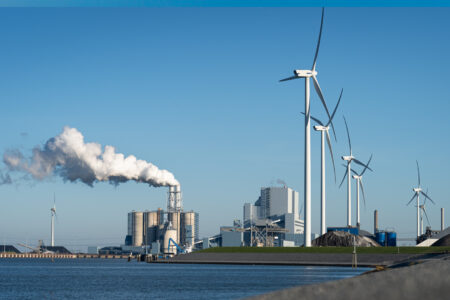
Discussions around climate change sometimes portray the climate crisis as a phenomenon that impacts all people equally. But this framing neglects the fact that accelerating climate change disproportionately affects marginalized and vulnerable communities, in particular Black and Indigenous communities, in Canada and on a global scale.
In this episode of In/Equality, host Debra Thompson speaks with Ingrid Waldron, HOPE Chair in Peace and Health in the Global Peace and Social Justice Program in the Faculty of Humanities at McMaster University. The conversation delves into a variety of topics related to the intersection between systemic racism and the climate crisis. What consequences does the concentration of toxic industries and environmentally hazardous projects in racialized communities have for the inhabitants of these communities? What obstacles do these communities face in trying to fight back against environmental racism? How are public policy decisions complicit in the perpetuation of environmental racism? Tune in for answers to these questions and more.
This episode is part of the In/Equality Podcast series.







